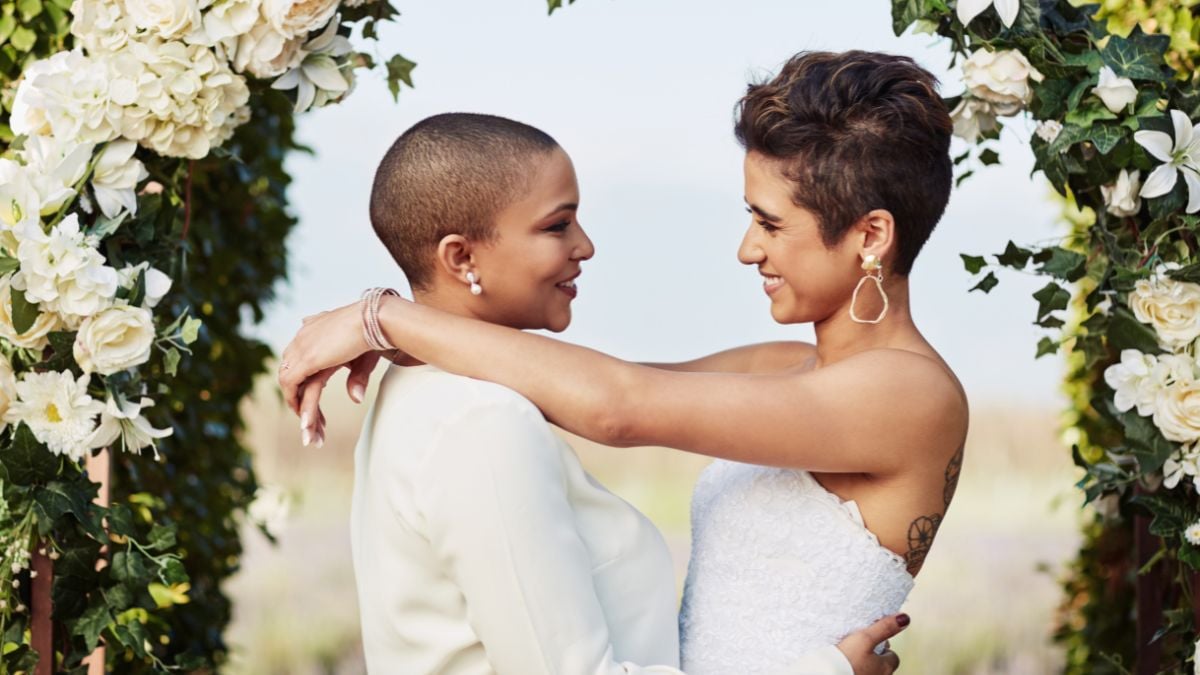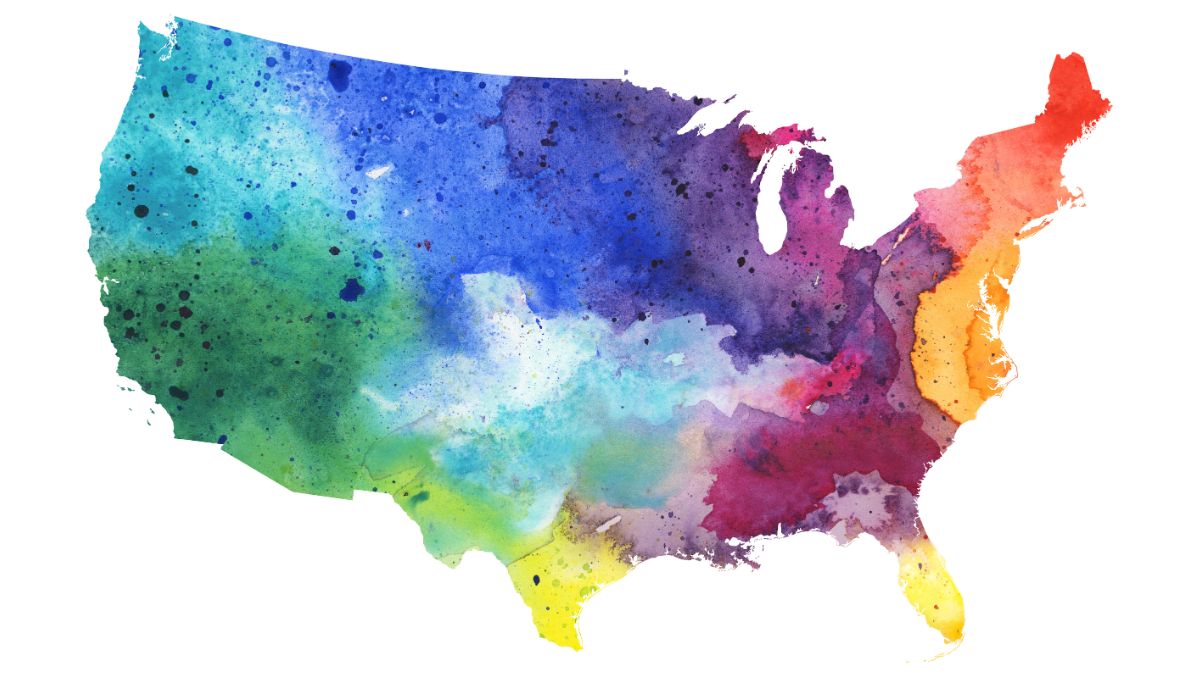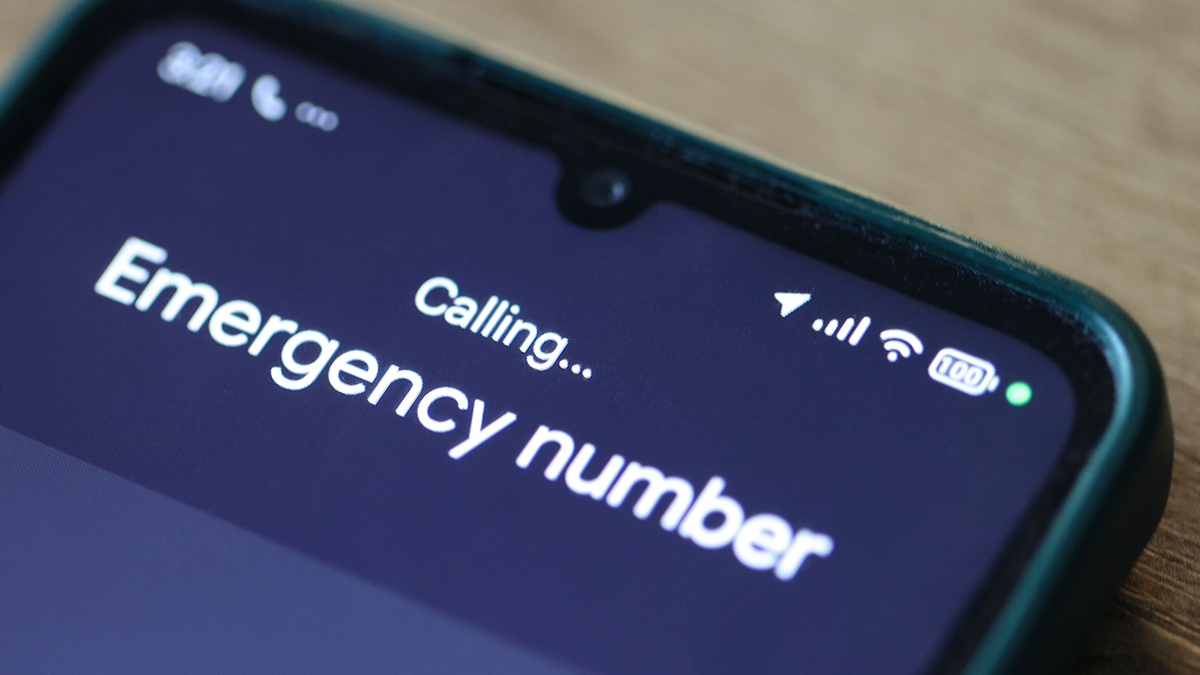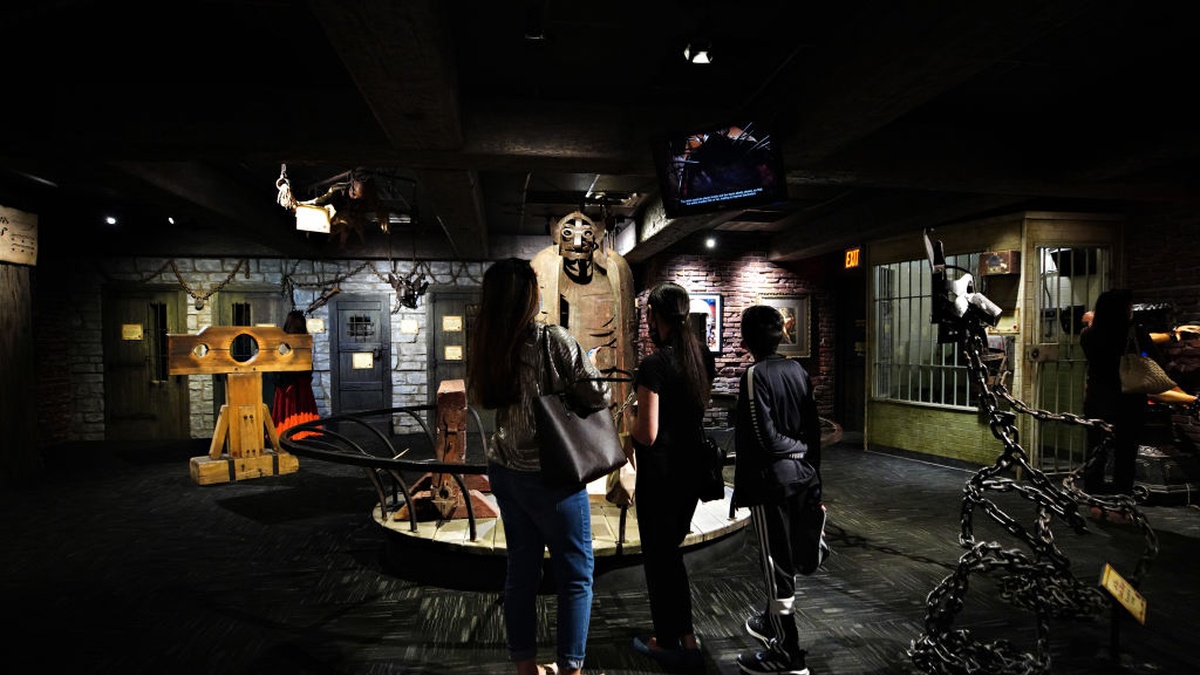For nearly a decade now, the right to equal marriage has been enshrined in United States law, thanks to the landmark decision made in 2015’s Obergefell v. Hodges.
The impactful legal case struck down decades of debate and bickering over who had the right to marriage and where. While certain states, including New York, Connecticut, and Iowa, did allow LGBTQ+ couples to wed in their borders ahead of the Supreme Court decision, options were limited for a bulk of Americans until just a few years ago. With the official ruling in Obergefell v. Hodges, however, even those states starkly opposed to gay marriage were forced to recognize the validity of LGBTQ+ couples.
There are exceptions, however. Federal laws are hard to get around, but — as 2022’s Roe v. Wade decision proves — they’re not ironclad. States have been working hard to find any way around the Supreme Court ruling, and at least a few have managed it.
Can LGBTQ+ people get married in all 50 states?

I’m getting ready to exercise my right to gay marriage in just a few months, but not everyone in the country enjoys the same freedom. While it is technically disallowed for any state to outright refuse acknowledgement of someone’s married status due to their gender identity and the gender identity of their spouse, a few states have been working hard to make gay marriage as inaccessible as possible.
For that reason, young LGBTQ+ people looking to make a move should avoid certain states within our nation. While you’ll find plenty of support in Colorado, California, or Illinois, obtaining that marriage license will hit some snags in three major states.
Kansas continues to allow its faith-based organizations to deny their services to same-sex couples, according to the Movement Advancement Project, and it’s not alone in its efforts to deny marriage rights to a sect of the American public. North Carolina is in the same camp, permitting its state officials to deny the marriage rights of any couple they don’t approve of, as is Mississippi. The southern state passed a law in 2016 allowing its state officials the same right and restricting the rights of its LGBTQ+ citizens.
Notably, several Indigenous jurisdictions — which are federally recognized sovereign nations — were ahead of the game. A bulk of Indigenous nations extended rights to LGBTQ+ pairs ahead of the 2015 Supreme Court ruling, with only the Cherokee nation lagging behind. Even with the delay, however, the Cherokee nation eventually joined its peers in extending marriage rights in 2016, just a year after the Supreme Court ruling and less than a decade after the first nation, Oregon’s Coquille, opened its arms to LGBTQ+ couples in 2009.











Published: Mar 14, 2024 08:47 am